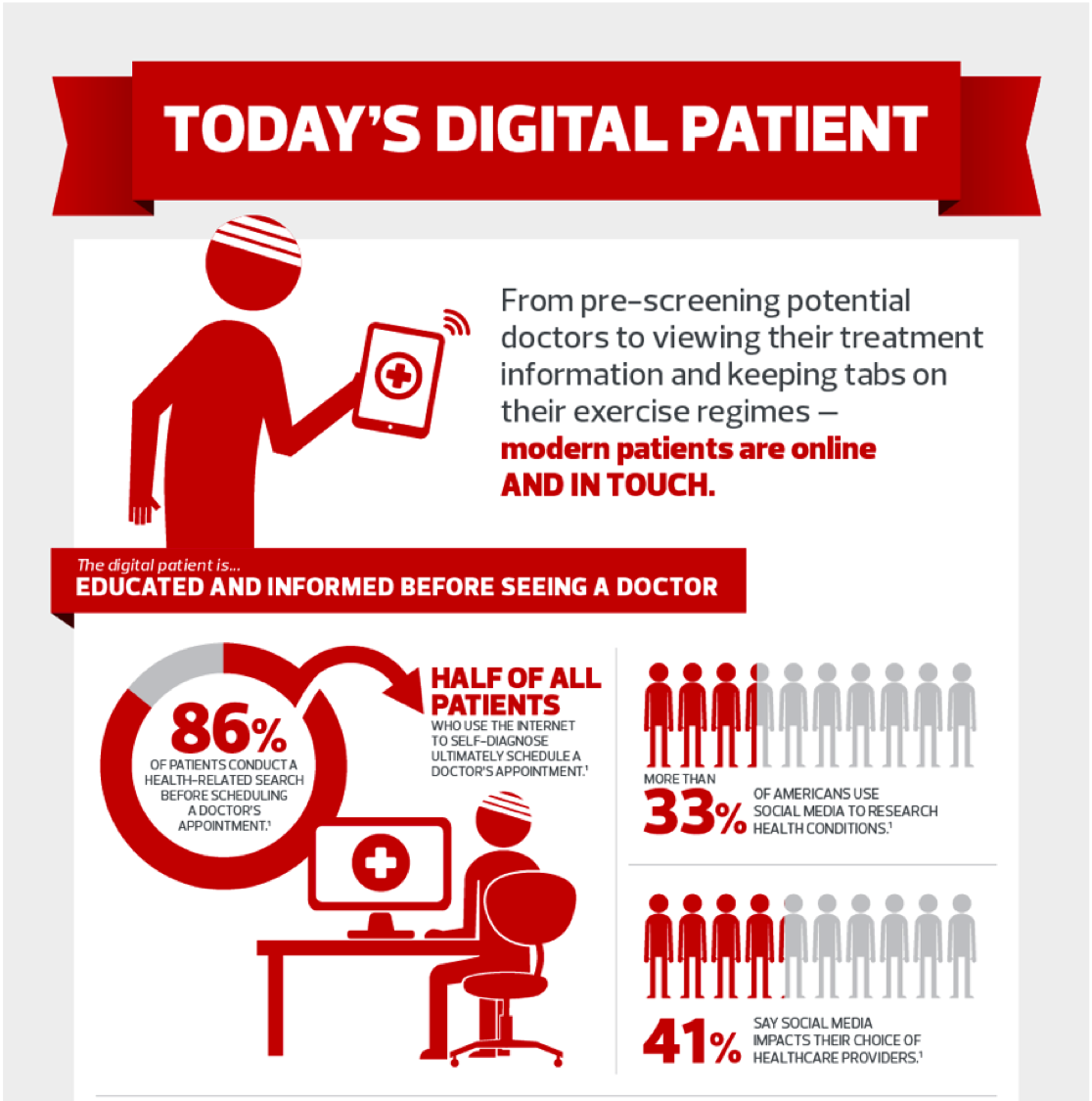I spend the weekend in London and the thought of how to improve lives in poor communities crossed my mind… Currently we are heavily investing in higher yield farming methodologies to help families and communities, the model is working very well with the first farms sustainable, employing several families paid at a premium. Now while in London going from one place to another, the city is very busy especially tourist snapping pictures. It reminded me of Thailand and Malaysia where they have tours organized to see farms… Now the question that crossed my mind is can tourism generate additional income to the farms or the community we have pledge to help?
Where the farms are located, although far from Manila, the beauty of nature is displayed at its best. Beautiful caves, amazing waterfalls, jungles and forest, pristine beaches, perfect waves…. Generating revenue to sustain communities of course will require investment to ensure a wonderful and unforgettable experience for guests who come to visit. The question is will there be enough revenue to justify the investments.. Unless the investment is the charitable donation….
Where the farms are located, although far from Manila, the beauty of nature is displayed at its best. Beautiful caves, amazing waterfalls, jungles and forest, pristine beaches, perfect waves…. Generating revenue to sustain communities of course will require investment to ensure a wonderful and unforgettable experience for guests who come to visit. The question is will there be enough revenue to justify the investments.. Unless the investment is the charitable donation….









